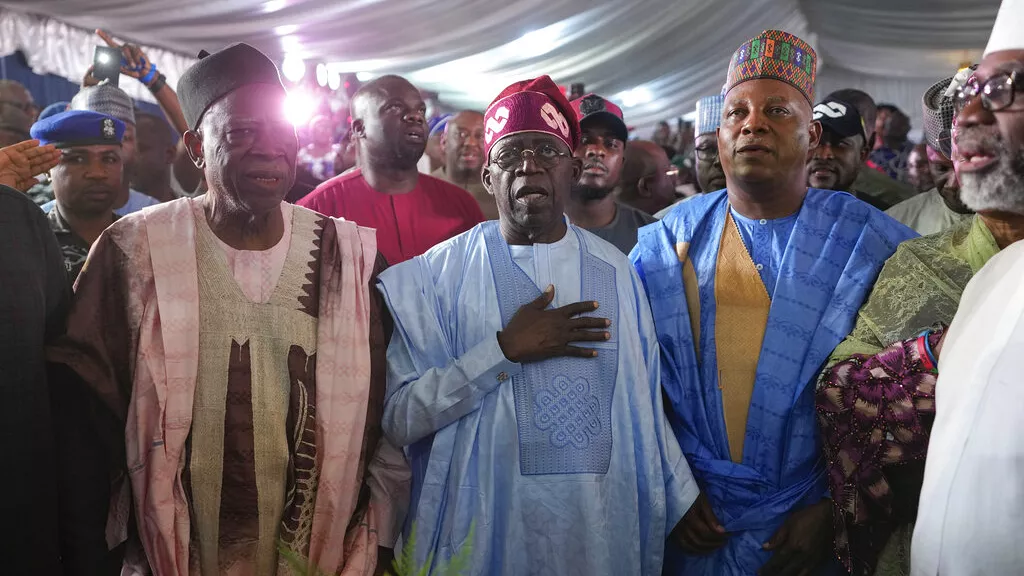Nigeria adopted a new national anthem on Wednesday May 29 after lawmakers passed a law that replaced the current one with a version dropped nearly a half-century ago.
This development has sparked widespread criticism about how the law was hastily passed without much public input.
President Bola Tinubu’s assent to the law comes a day after it was approved by both chambers of Nigeria’s National Assembly, which is dominated by the governing party. The federal lawmakers introduced and passed the bill in less than a week, an unusually fast process for important bills that usually take weeks or months to be considered.
The “Arise, O Compatriots” anthem being replaced had been in use since 1978, when it was introduced by the military government. The anthem was composed at a time when the country was reeling from a deadly civil war and calls on Nigerians to “serve our fatherland with love and strength” and not to let “the labor of our heroes past (to be) in vain.”
The new version that takes immediate effect was first introduced in 1960 when Nigeria gained independence from Britain before it was dropped by the military. Titled “Nigeria We Hail Thee,” it was written by Lillian Jean Williams, a British expatriate who was living in Nigeria at the time.
The new anthem was played publicly for the first time at a legislative session attended by Tinubu, who marked his one year in office as president on Wednesday.
Many Nigerians, however, took to social media to say they won’t be singing the new national anthem, among them Oby Ezekwesili, a former education minister and presidential aspirant who said that the new law shows that the country’s political class doesn’t care about the public interest.
“In a 21st Century Nigeria, the country’s political class found a colonial National Anthem that has pejorative words like “Native Land” and “Tribes” to be admirable enough to foist on our Citizens without their consent,” Ezekwesili posted on X.
Supporters of the new anthem, however, argued it was wrong for the country to have adopted an anthem introduced by the military.
“Anthems are ideological recitations that help the people to be more focused. It was a very sad development for the military to have changed the anthem,” public affairs analyst Frank Tietie said.
